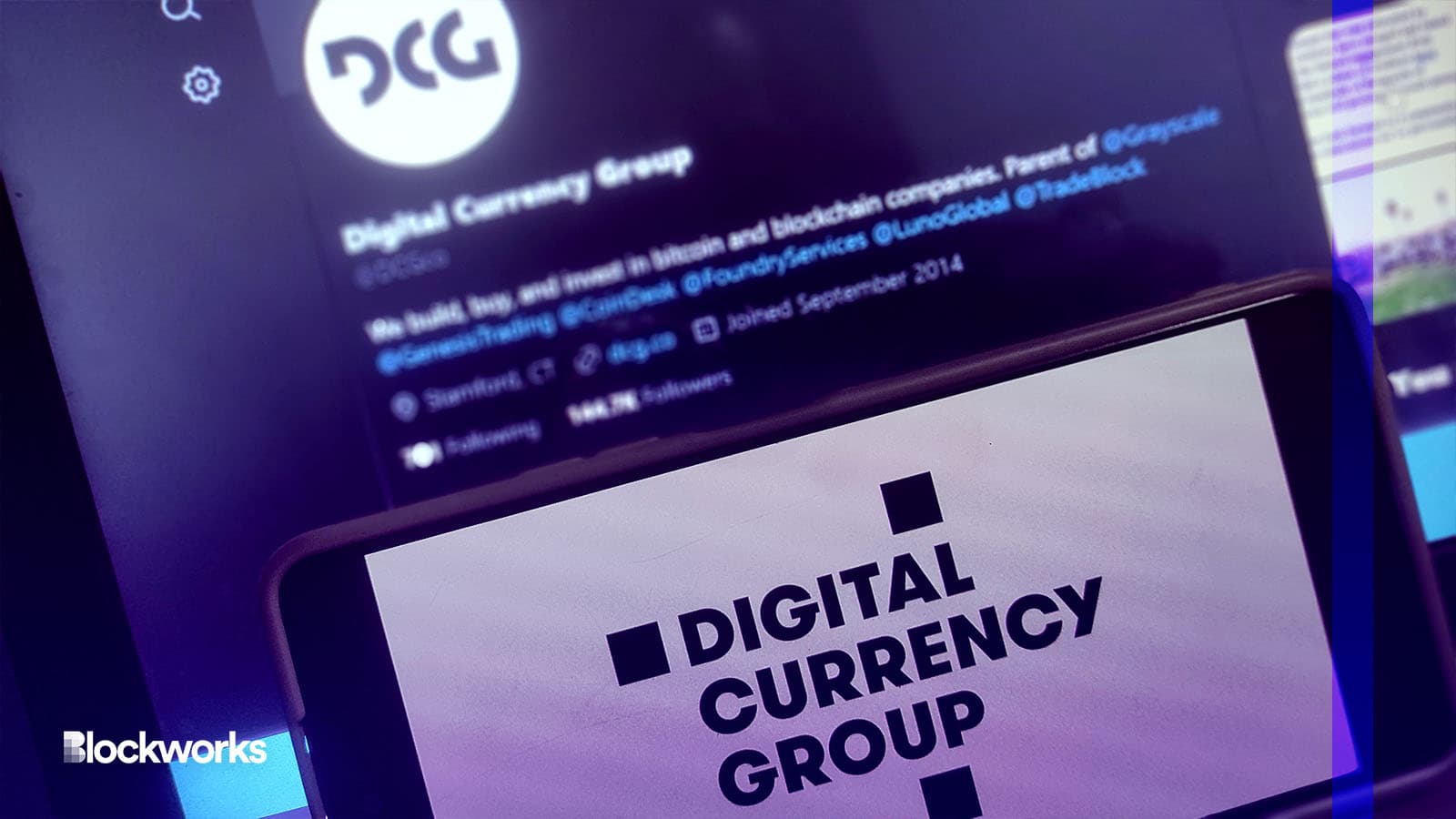Genesis, DCG reach chapter 11 deal, eyeing creditor recovery rates of up to 90%
Genesis previously initiated a 30-day mediation process in May following concerns parent company DCG could risk defaulting on $630 million in debt obligations

Iljanaresvara Studio/Shutterstock, modified by Blockworks
Genesis and parent company Digital Currency Group (DCG) have reached a preliminary agreement on a Chapter 11 bankruptcy plan, intended to ease the financial stress of both firms.
The plan could provide unsecured creditors with recovery rates ranging between 70-90% in USD and 65-90% in terms of digital assets, subject to market moves, a court filing on Tuesday shows.
Pending court approval, DCG is expected to inject more than a billion dollars in new debt facilities into the financially troubled crypto lender.
In turn, DCG would secure specific financial concessions from both Genesis and its creditors.
Under the agreement, DCG aims to clear its existing debts, which include around $630 million in unsecured loans due by May 2023 and a $1.1 billion promissory note expiring in 2032.
Its repayment plan is divided into two segments: one involving $328 million due in two years and another involving $830 million due in seven years, per the filing.
Additionally, DCG has committed to making four installment payments totaling $275 million to cover May 2023 loan maturities.
In a statement on X, formerly Twitter, DCG said that it is “pleased” about the agreement in principle, and that they “look forward to executing on this important milestone and for Genesis to begin its distributions to creditors.”
The agreement is a crucial respite for the venture capital firm, which has been wrestling with liquidity issues, forcing it to sell assets at significantly reduced rates.
In a sign of further struggles, its investment division, Grayscale, temporarily suspended redemptions for its flagship Bitcoin Trust late last year, leading to a notable dip in its share price.
Genesis found itself filing for bankruptcy in January after suspending customer withdrawals last November, blaming the move on the collapse of the FTX exchange and a souring market.
The agreement still faces some hurdles, including the need for approval from the bankruptcy court and the support of Genesis’ creditors. However, if approved, it would be a major step forward in the company’s restructuring process.
Katherine Ross contributed reporting.
Updated Tuesday, August 29 at 9:11 am ET: Added statement from DCG.
Get the news in your inbox. Explore Blockworks newsletters:
- The Breakdown: Decoding crypto and the markets. Daily.
- 0xResearch: Alpha in your inbox. Think like an analyst.






